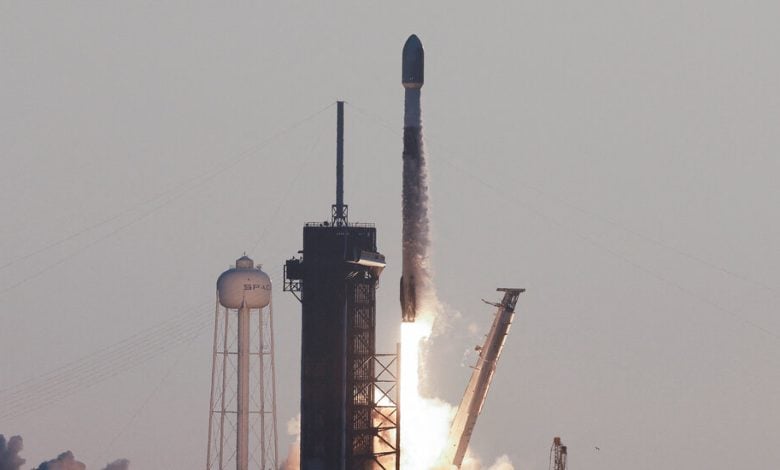Why Taiwan Is Building a Satellite Network Without Elon Musk

In Taiwan, the government is racing to do what no country or even company has been able to: build an alternative to Starlink, the satellite internet service operated by Elon Musk’s rocket company, SpaceX.
Starlink has allowed militaries, power plants and medical workers to maintain crucial online connections when primary infrastructure has failed in emergencies, such as an earthquake in Tonga and Russia’s invasion of Ukraine.
Officials in Taiwan face constant reminders that its communication infrastructure must be able to withstand a crisis. The island democracy sits 80 miles from China, where leaders have vowed to use force if needed to assert claims that Taiwan is part of its territory.
Taiwan experiences regular cyberattacks and near-daily incursions into its waters and airspace by the People’s Liberation Army, which has been built up in recent years.
And Taiwan’s infrastructure is fragile. Last year, the outlying Matsu islands, within view of the Chinese coast, endured patchy internet for months after two undersea internet cables broke. These fiber optic cables that connect Taiwan to the internet have suffered about 30 such breaks since 2017, mostly from anchors dragged by the many ships in the area.
The war in Ukraine amplified the sense of vulnerability weighing on Taiwan’s leaders. With much of its telecommunications system knocked offline by Russian armaments and cyberattacks, Ukraine’s military has come to depend on a system controlled by Mr. Musk.
